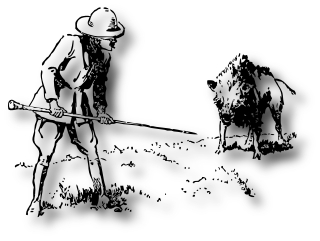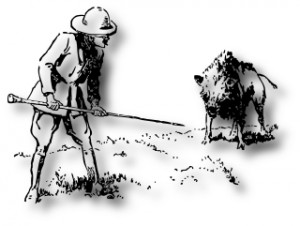Savage Minds is a group blog devoted to ‘doing anthropology in public’ — providing well-written relevant discussion of sociocultural anthropology that everyone will find accessible. Our authors range from graduate students to tenured professors to anthropologists working outside the academy.
Savage Minds was founded in 2005. In 2006 Nature ranked Savage Minds 17th out of the 50 top science blogs across all scientific disciplines. In 2010, American Anthropologist called Savage Minds “the central online site of the North American anthropological community” whose “value is found in the quality of the posts by the site’s central contributors, a cadre of bright, engaged, young anthropology professors.” In 2014 we hope to have our blog deposited into the National Anthropological Archives at the Smithsonian.
The title of our blog comes from French anthropologist Claude Lévi-Strauss’s book The Savage Mind, published in 1966. The original title of the book in French, Pensée Sauvage, was meant to be a pun, since it could mean both ‘wild thought’ or ‘wild pansies,’ and he put pansies on the cover of the book, just to make sure readers got the pun. Lévi-Strauss was unhappy with the English title of his book, which he thought ought to have been “Pansies for Thought” (a reference to a speech by Ophelia in Hamlet). We liked the phrase “savage minds” because it captured the intellectual and unruly nature of academic blogging. As a result, the pansy has become our mascot as well.







